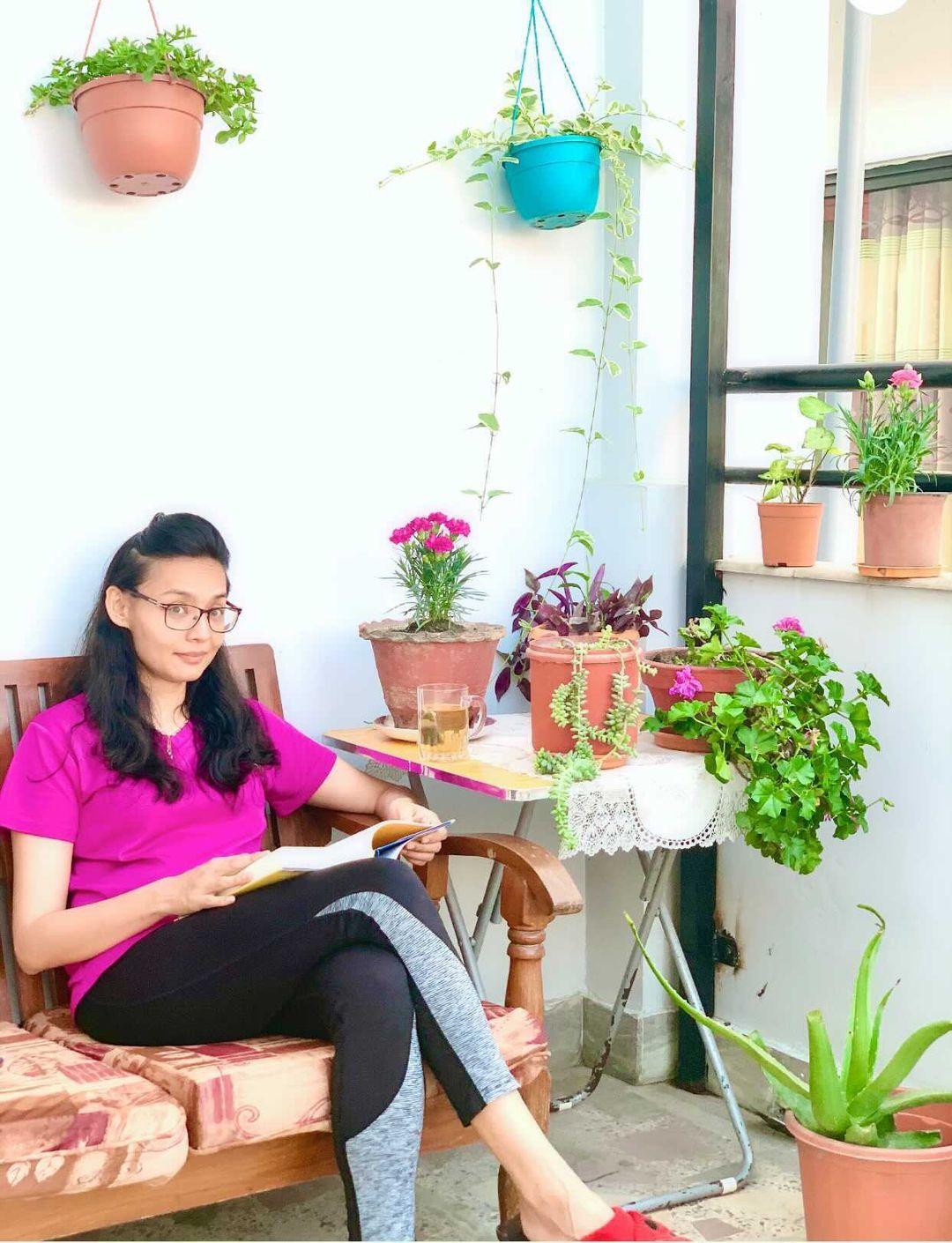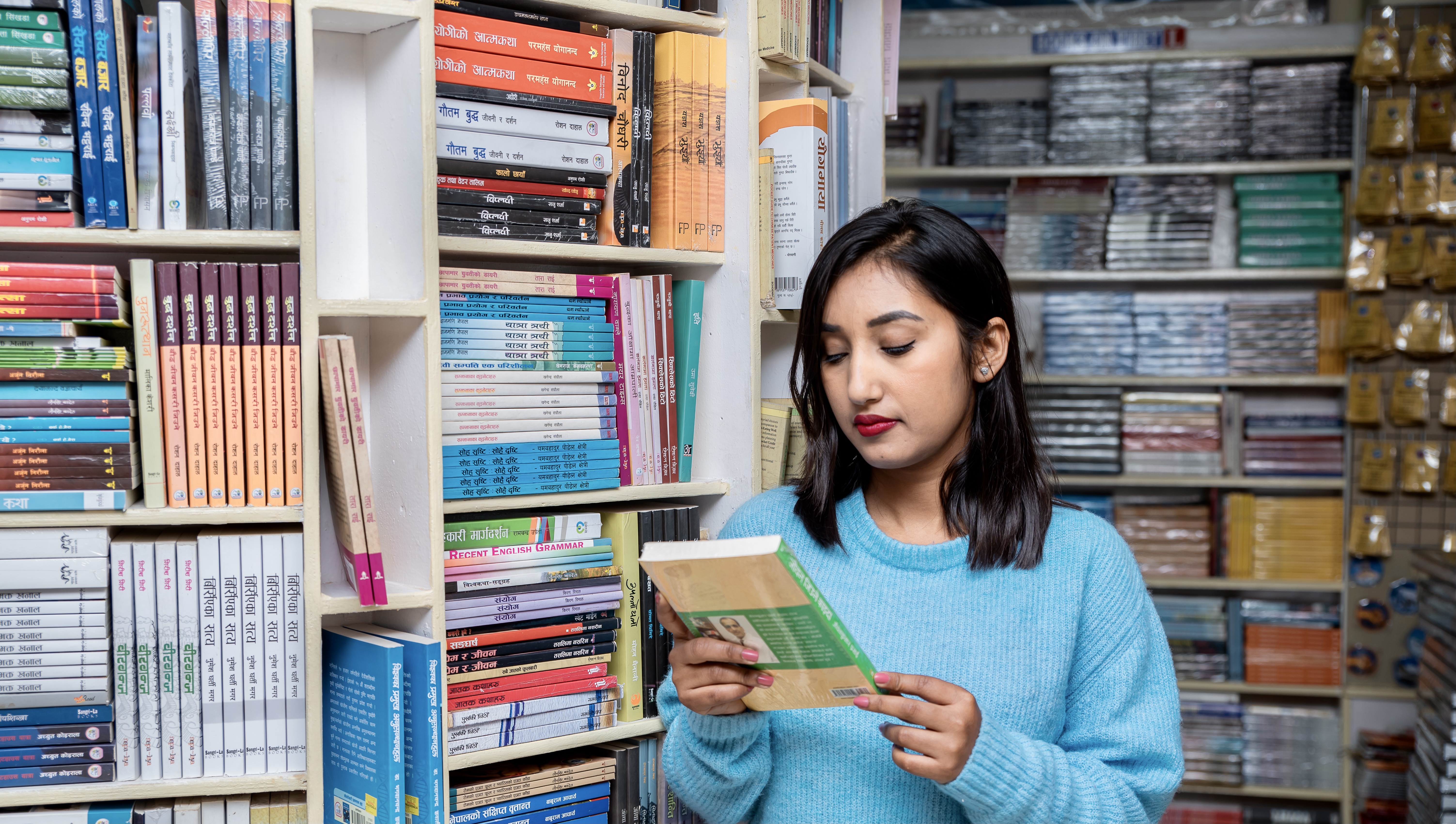I’ve always loved to read. The first book I read by myself was probably the Ding Dang Dong series which was published in 1985. They were short tales of three monkeys who got into hilarious situations but each book also had a moral lesson. This was followed by Aesop’s Fables, a collection of stories by Aesop, a slave and storyteller in ancient Greece.
As a child, my sense of right and wrong mainly came from the stories I was told and read. Stories I heard were from the Panchatantra, Mahabharata, Akbar and Birbal, and Grimms’ Fairy Tales. These stories were, now that I know better, tweaked to fit my parent’s changing ideas on how to raise me right.
The stories I read, on the other hand, weren’t always as black and white or centered on the need to be good. Enid Blyton’s books made me jump from compound walls I was forbidden to climb and fill my pockets with stones before getting on the weighing scale to freak my mother out. Roald Dahl’s books showed me there was fun in being mischievous—that mischief wasn’t as bad as it was made out to be. For the longest time, I believed I could be Matilda, that I could harness my mind’s power to move things like she did in Dahl’s classic by the same name published in 1988.
Books made me climb out of a ditch (that I had gotten into in the first place to prove some boys I could be like them), jump from the rooftop of one truck to another at my grandparent’s home in Hetauda, and venture on mini-excursions of my neighborhood, pretending to be Nancy Drew. In hindsight, books made life exciting by giving wings to my imagination and, in the process, teaching me things I wouldn’t have learnt otherwise.
Now, with the exception of politics, there isn’t anything I don’t read. But fiction is what I turn to when I’m in need of a pick-me-up or am unable to make sense of things. It’s comforting to get lost in another world when you find yourself stuck where you don’t want to be.
Stories are what kept me sane during the 2020 lockdowns, and what is helping me manage stress right now. And, indeed, many of us have turned to books for comfort, distraction and escape in a tremendously upsetting time. Rojita Adhikari, a freelance journalist, says she reads to forget the pain she is going through. Adhikari is recovering from covid and is still weak and a bit scared. Reading, she says, is a great distraction and helps calm her nerves.
Adhikari feels she narrowly escaped death. Her condition deteriorated after a week of being diagnosed, and she considers herself lucky to have pulled through. Though she is much better now, the thought of what could have been haunts her. That is when she turns to books. Even reading for 15-20 minutes is enough to change the course of her thoughts.
Similarly, a school friend, Sanyukta Rajbhadari, says reading is like meditation. Books, she says, transport her to a different time and era and she finds some much-needed solace in these unprecedented times. She is a doctor and work can be a little too demanding, which is why she reads—to shift her focus for all that stresses her out.
 Sanyukta Rajbhandari
Sanyukta Rajbhandari
“I just finished reading The Mermaid and Mrs. Hancock by Imogen Hermes Gowar and it took me to 18th century Gregorian London. It was just what I needed to escape reality and recharge,” says the self-confessed book hoarder. The sight of books, she says, is enough to make her smile.
I could relate to her because when it gets a bit much, as it often does these days, I find a story can take you to a place where your problems don’t exist anymore. It has become so essential to be able to turn off that mental switch and there really is no better way to do it than by reading.
Prajjwol Kunwar, founder of Laibary, an online bookstore, says people are definitely reading more during the pandemic. Orders have increased and though Laibary isn’t currently delivering books, there is a steady stream of enquiries from customers. Pratima Sharma, online sales and marketing officer, Nepal Mandala Book Shop, says they too are getting constant requests from customers to resume delivery, and they are considering it.
 Pratima Sharma
Pratima Sharma
Prajjwol says he is reading more than ever before. He also has the time to be a bit indulgent with his reading habits. Meaning, he lets one book lead to another—choosing to do in-depth research about topics he is interested in which, at the moment, is mythology. Pratima claims her reading habit has been a boon during lockdown. Books help her disconnect and don’t let her mind wander pointlessly.
A 2009 study at the University of Sussex found that reading can reduce stress by up to 68 percent. The study found that individuals who read for as less as six minutes had slower heart rates, less muscle tension, and lower stress levels. The neuroscientist who conducted the study reported that “reading is an active engaging of the imagination that stimulates your creativity and causes you to enter what is essentially an altered state of consciousness.”
Stories that mirror your feelings calm you down because you realize your experiences aren’t unique and that is immensely comforting. It also helps to explore possible fictional scenarios related to your problems by stepping into the character’s shoes. I recently read The Pull of the Stars by Emma Donoghue, a novel based on the 1918 influenza-pandemic. It’s grim and heartbreaking but the story mimics the present-day Covid crisis and makes you feel a little less alone and doomed.
The book also made me a little less angry—at the politics that’s still going on despite the health crisis we are facing. There’s a chapter where a character criticizes the government for Dublin’s poverty and high infant mortality. Another says she doesn’t have time for politics which gets the reply, “Oh, but everything’s politics, don’t you know?” Seeing how some things are a constant no matter where in the world you are lessened my sense of injustice.
What’s more, I find reading can sometimes foster a sense of community with other readers as well as the characters in the book and that is more crucial today than ever before. I might not be able to meet anyone but the conversations I’m having with people, because of our shared interest in books, have helped me connect with them on a deeper level.
Here, I must also confess that sometimes reading feels like a luxury. There’s a sense of guilt about not being prudent with my time by helping those in need. But what the pandemic has also taught us is to take care of our mental health and practice self-care. And reading is the only way I know how to do that.











